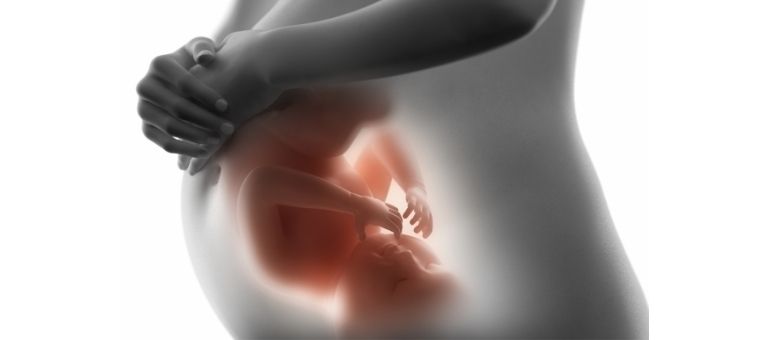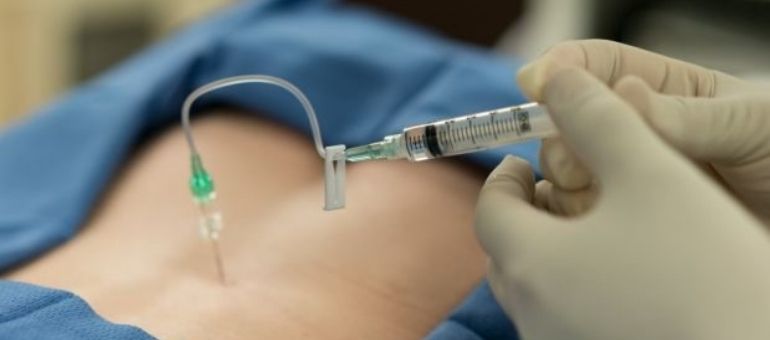HPV is a virus whose link to cervical cancer has now been proven.
WHAT IS HUMAN PAPILLOMAVIRUS (HPV)?
The Human Papillomavirus (HPV) is a virus that can cause skin warts, genital warts, and some types of cancer. There are many types of HPV, and different types can cause different health problems.
HOW IS HPV TRANSMITTED?
It is transmitted through sexual contact. You can get HPV by having vaginal, anal, or oral sex with someone who has the virus. It is most commonly spread during vaginal or anal sex.
DOES HPV CAUSE HEALTH PROBLEMS?
In most cases, HPV goes away on its own and does not cause health problems. However, in 10 to 20 percent of women, the HPV infection does not clear, which can lead to health problems like genital warts and cancer.
WHAT ARE THE RISKS OF AN HPV INFECTION?
These problems usually appear years after a person is first infected.
- An HPV infection in the genitals can cause cervical or vaginal cancers in women and penile cancer in men.
- It can cause genital warts in women and men.
- It can cause anal cancer in women and men.
- It can cause oral and throat cancers in women and men.
HOW CAN I PREVENT HPV AND THE HEALTH PROBLEMS IT CAN CAUSE?
When the HPV vaccine is administered to the recommended age groups, it provides significant protection against diseases caused by HPV (including cancers). While condoms do not provide complete protection against HPV, they do reduce the risk of sexually transmitted infections. The safest way to reduce your risk of an HPV-related cancer is to get the HPV vaccine.
WHO SHOULD GET VACCINATED?
In our country, the HPV vaccine is recommended for women between the ages of 9 and 26 without an HPV test. It has also been shown to be effective when administered to women up to the age of 43. Whether a woman is married or single, has had previous sexual experience, or has had multiple partners does not change the recommendation to get the vaccine. As a person gets older and the number of sexual partners increases, the vaccine’s effectiveness decreases. The vaccine is recommended for men in some countries, but this practice has not yet been adopted in ours.
CAN I GET VACCINATED IF I HAVE GENITAL WARTS OR AN HPV INFECTION?
You have the highest protection against HPV if you get vaccinated before becoming sexually active with any HPV vaccine. However, if you are under 26 and are sexually active, have genital warts, have a positive HPV test, or have an abnormal Pap smear test, you can still receive some benefit from the HPV vaccine.
I’VE HAD THE HPV VACCINE. DO I NEED A REPEAT DOSE?
Based on current information, a booster (repeat dose) is not necessary after the full 3-dose vaccine series has been completed.
I’VE HAD THE HPV VACCINE. DO I STILL NEED AN ANNUAL PAP SMEAR (CERVICAL CANCER SCREENING)?
Yes. Getting the vaccine does not eliminate the need for routine cervical Pap smear follow-ups. All women, including those who have had the HPV vaccine, should be checked for cervical cancer on a routine schedule. Since the HPV virus is not the only cause of cervical cancer, an annual Pap smear screening must be done.






